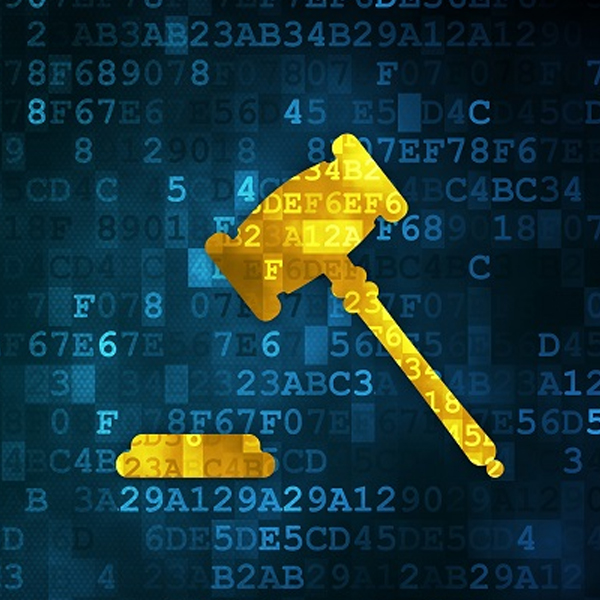
03 Mar Artificial Intelligence & Associated Legal Challenges
The twenty first century had been coined as the age of Robotics as early as 1980s. The turn of the century indeed saw the advent of new-age technologies including Robotics. What very few people perceived earlier was the growth and subsequent enveloping of our being by the Artificial Intelligence through Mobile Phones, not computers (as was perceived earlier) through mobile phones and other handy electronic interfaces.
Everything from the maps to the healthcare and medication is being provided and advised on your mobile through use of Artificial Intelligence. A lot of data gets chewed-up and analysis done at speed giving the user instant results. The humongous data analytics involved is controlled and processed by non-human entities called programs or codes. The growth of this is on a scale that the human race has not witnessed in since its evolution. All aspects of our life are being analysed so that any easier method or application could be devised for our convenience. While on one hand it all seems hunky dory, but on the other it throws up some serious and practically un-surmountable challenges. The biggest challenge being the Legal implication of all the actions conducted through Artificial Intelligence.
While it is quite easy to push the lingering questions aside simply because the subject itself seems so harmless & non-threatening but if you dig down a bit the Legal Questions start arising right from the Privacy to Human Rights, from IPR to Ownership, from Accountability to Culpability. Then there is a question of Ethics! What the technology driven businesses have done is to play in the grey areas where the law has not yet been ascertained and the lines do blur a bit.
The biggest question that is bothering the Law Enforcement is the prevalence of ambiguity around Accountability, Culpability & Responsibility. In a simple scenario, if a program has been devised to help people in their healthcare needs, now if anything goes wrong and there is a loss of health or lie because of it then the following questions arise:
- Who should be held accountable for the act? Would it be the ‘Doer’ which is a program? or would it be the programmer? Or the platform on which the program was running like Phone Company? Or would it be the virtual platform form where the application or program was downloaded? What is perplexing is that there could be any number of entities involved here and fixing the culpability will be a challenge.
- What if the program knowingly decided to put the user in harm’s way? Who decides what is ethical and what is not? A program surely doesn’t have such a moral compass.
- How does one ensure that the data being recorded and analysed is not being used for any other purpose, perhaps a new invention or addition to the same program?
- What happens when the AI starts writing its own algorithm and starts inventing new programs or products? Who would own such IPR related to such innovation? Who would get the benefits of the monetization of such innovation?
All these questions are not only real but are pertinent to what we need to start thinking and in return start evolving the guidelines & mechanisms to strike a much needed balance between life & AI.
Evolution is a natural phenomenon and it is because of it that the mankind has reached where it is now. One cannot put brakes on the evolution of technology but what it needs is a regulated way of encouragement where the Important Legal Concerns are also taken into account by the innovators & businesses while creating new digital products or services. History shows us that the fear of repercussions is indeed needed to make everyone take a pause and rethink their strategy and make necessary course correction. Self-regulation is the fulcrum of societal survival but laws help in sustenance of it by acting as effective deterrent to any diversion from the regulated guidelines.


Sorry, the comment form is closed at this time.